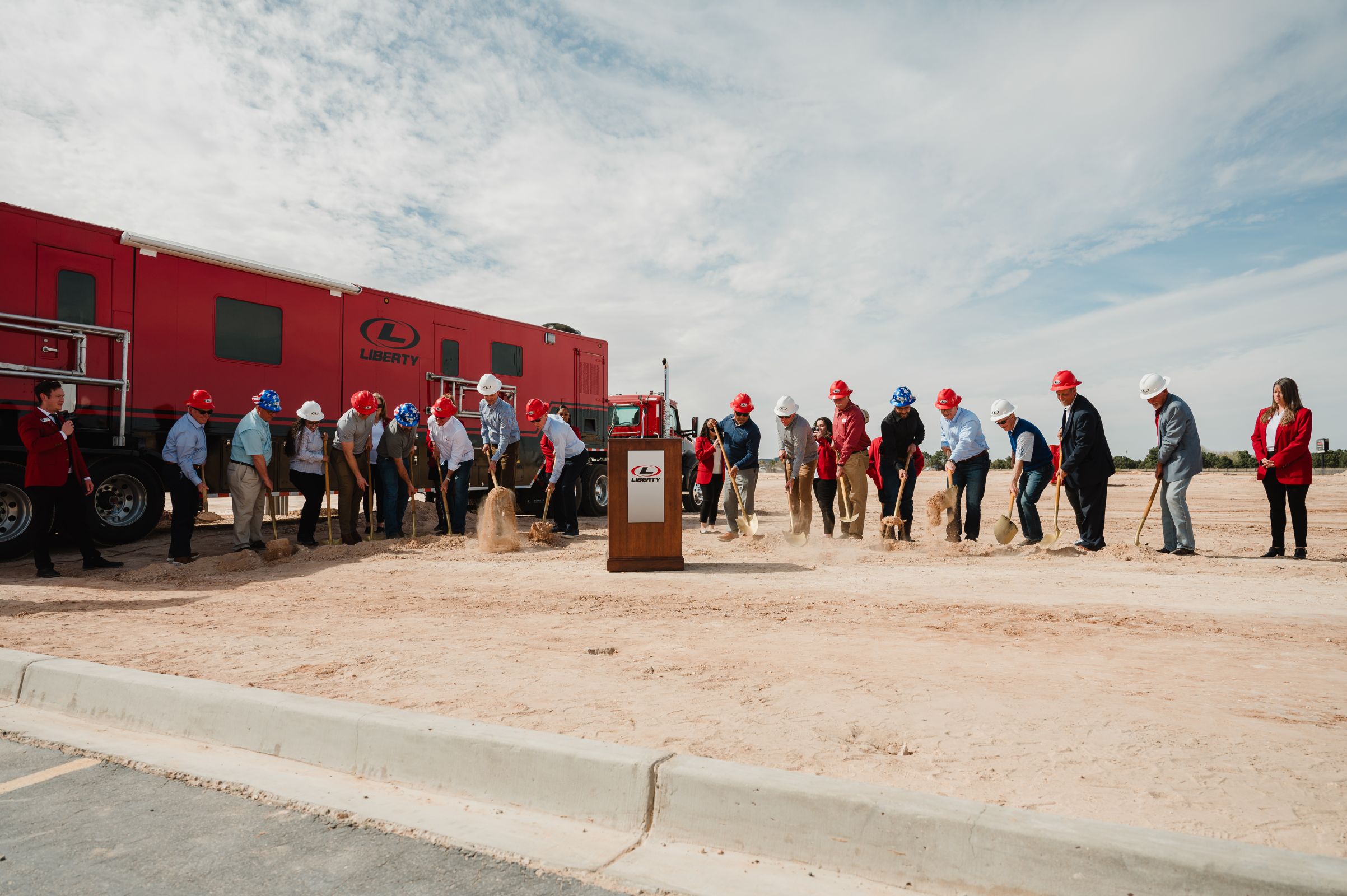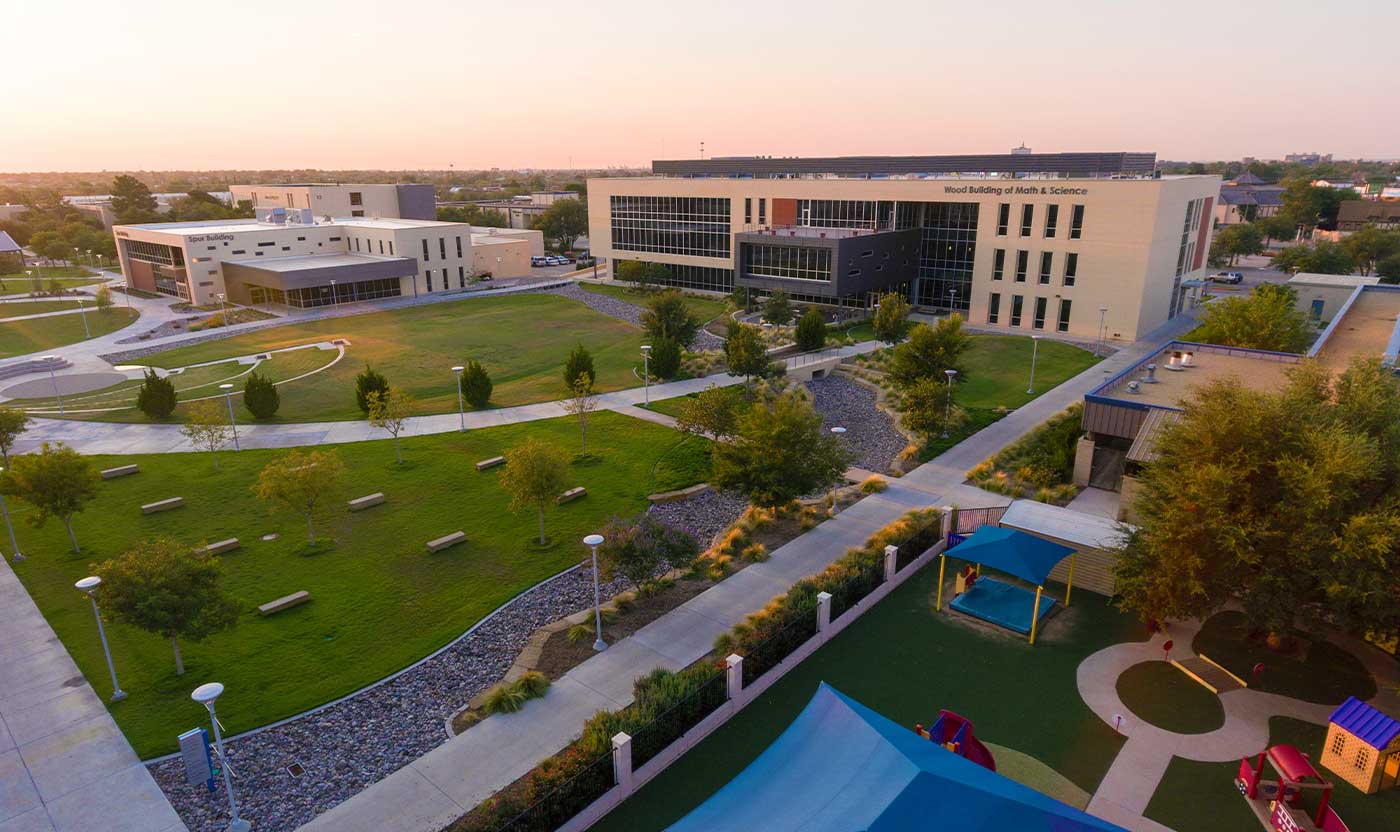Language Barriers: Educating and Elevating Workers to Address Workforce Needs
.jpg)
10 Jun 2024
News, workforce
In today's competitive market, job seekers often face many challenges while working toward their dream positions. One of the biggest hurdles that workers face in countries where English is not their native language is the language barrier. This barrier can significantly limit job opportunities, leading to increased competition for a limited number of roles. Moreover, it can also create tension in the workplace, as misunderstandings and miscommunications can lead to conflicts.
"Language education is a critical tool for breaking down barriers to employment and expanding our workforce. By investing in language skills, we empower individuals to pursue new opportunities and enable businesses to tap into a richer, more diverse talent pool. These investments only strengthen our economy and foster a more inclusive and vibrant community," said Tom Manskey, director of economic development.
Language proficiency holds substantial sway over an individual's pursuit of employment. Mastery of English is crucial for effective engagement with potential employers, especially for those whose native language differs, which can result in a decline in a candidate's confidence in applying for good-paying jobs.
Diversity as a Valuable Asset in the Workplace
Modern employers recognize the immense value of a diverse workforce. Multilingual employees bring unique perspectives, experiences, and linguistic capabilities, opening doors in sectors where these talents are in high demand. This diversity fosters creativity and innovation, providing businesses a competitive edge in the global market.
Fluency in English is not a universal prerequisite for all employment opportunities in Odessa, Texas. Roles in construction, manufacturing, and similar fields often revolve around hands-on tasks demanding minimal communication. In these contexts, language proficiency may be less crucial for job suitability. However, it's important to note that even in these roles, basic communication skills in English can still be beneficial for safety and coordination purposes.
A Multifaceted Approach to Overcoming Language Barriers
While language proficiency undoubtedly influences job prospects, it constitutes just one facet of the complex employment landscape. Experience, skills and education are equally pivotal considerations for employers. Job seekers grappling with language barriers can embark on a multifaceted journey to enhance their language skills, which may involve enrolling in language classes, conversing with native speakers, and immersing themselves in cultural activities to gain a deeper understanding of the language.
Creating a Welcoming Work Environment
In today's diverse workforce, fostering an inclusive work environment is a paramount responsibility for managers. A heightened awareness is critical to discern when language and cultural differences can be accommodated or adapted. Inclusivity is not just an ethical imperative; it enhances team dynamics, fosters creativity, and boosts employee morale.
Within a modern, diverse workforce, managing teams with members who speak different languages is increasingly common. Language barriers can pose formidable challenges to effective communication, making it difficult for managers to provide clear direction, set expectations, or offer constructive performance feedback. For instance, a non-native English speaker might need help understanding a task or feedback, leading to decreased productivity or morale.
Addressing language and cultural differences is a nuanced endeavor. Managers must carefully assess which elements can be reasonably accommodated and which require employees to adapt. Open dialogue with employees is not just meaningful; it's essential, as it solicits their input on navigating these complexities effectively and provides managers with encouragement and support.
In a world characterized by linguistic and cultural diversity, fostering an inclusive work environment helps employees thrive, irrespective of language barriers, and enables them to realize their highest potential and contribute positively to their organizations' success.
Studies have shown that diverse teams are more innovative and productive, and employees in inclusive workplaces report higher job satisfaction and engagement.
- 60% of respondents believe diversity within sales teams contributes to success (LinkedIn study).
- Increased ethnic diversity is linked to 36% higher financial performance.
- Diverse companies earn 2.5 times higher cash flow per employee.
- Inclusive teams are over 35% more productive.
- Diverse teams make better decisions 87% of the time.
Odessa Development Corporation Pioneering Solutions for the Business Community
The Odessa Development Corporation and community stakeholders are actively seeking solutions to improve opportunities for workers and businesses. By addressing these challenges head-on, Odessa lays a solid foundation for sustainable growth and prosperity.
The Odessa Development Corporation (ODC) dedicates itself to driving Odessa's economic growth and supporting local businesses through job creation grants, capital investment incentives, and other valuable services. We prioritize creating new jobs, expanding the tax base, promoting business activity, diversifying the economy, and fostering a skilled workforce. Contact us today to learn more about how the ODC can assist you.
More Topics

Find Success in Odessa!
May 2 2024







